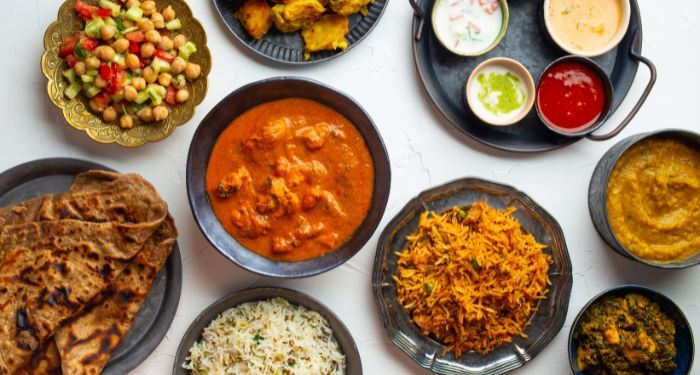This content contains affiliate links. When you buy through these links, we may earn an affiliate commission.
When I was a freshman in high school, I was diagnosed with a host of food allergies—and right before the holidays! I was unable to participate in traditions like eating Christmas cookies or drinking hot chocolate after caroling. I found myself detached from social events and felt suddenly disconnected from my friends and family. So it’s no surprise that ever since, I’ve been obsessed with books about food, especially about how food intersects with culture. There’s something fascinating about how food plays such an important role in society and has a deep impact on how we, as human beings, interact with each other.
Here are a few books that look at this intersection and examine how traditions around food and cuisine impact our lives.
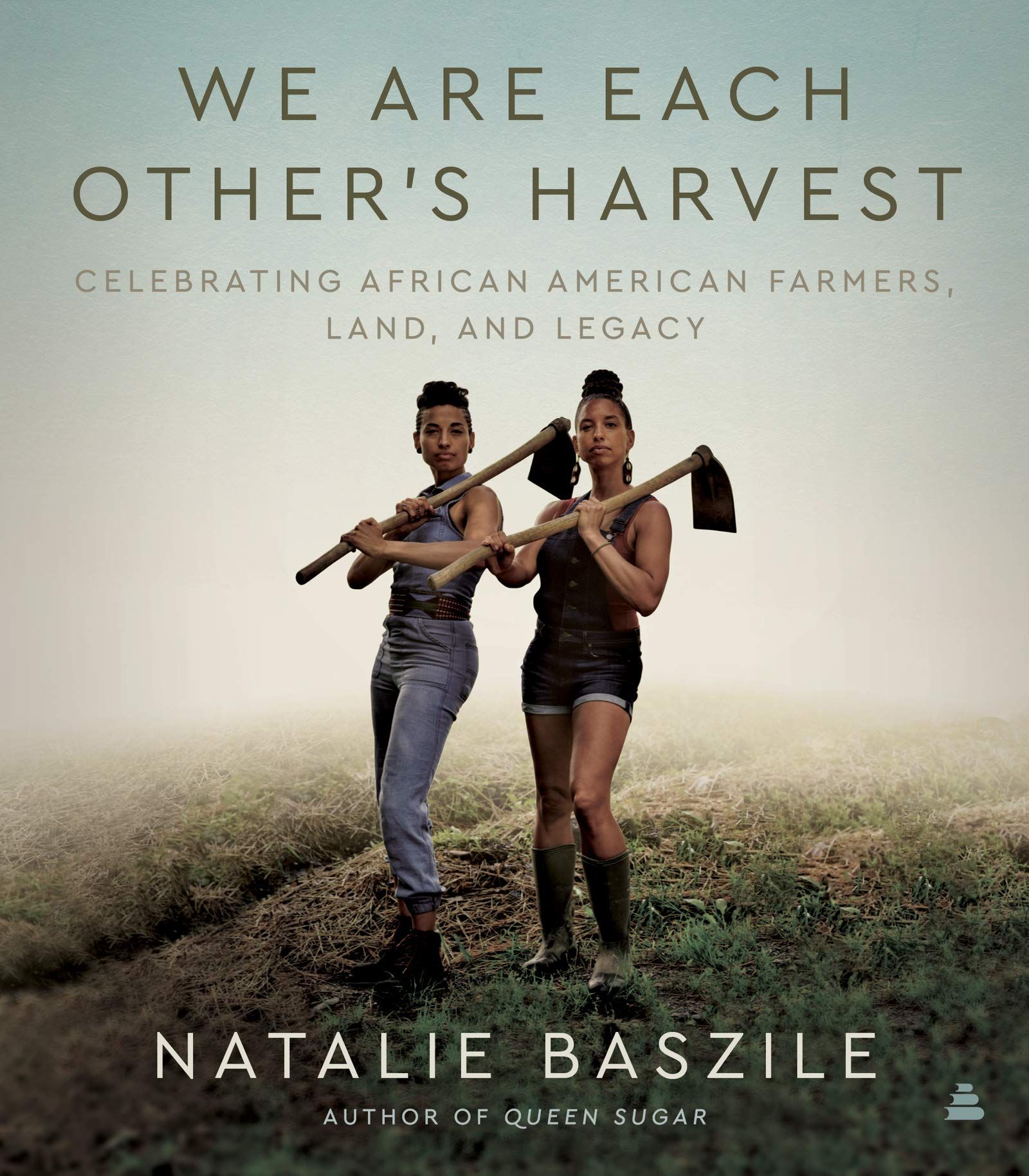

We Are Each Other’s Harvest: Celebrating African American Farmers, Land, and Legacy by Natalie Baszile
Natalie Baszile, the author of Queen Sugar, has brought together essays, photos, poems, and more that celebrate Black people’s dedication to agriculture. The book celebrates the history of Black farmers and their current efforts to care for the land. The pieces in We Are Each Other’s Harvest highlight personal experiences of why older Black farmers stay on their farms and how younger Black farmers are returning to farms across the country from Alaska to Louisiana.
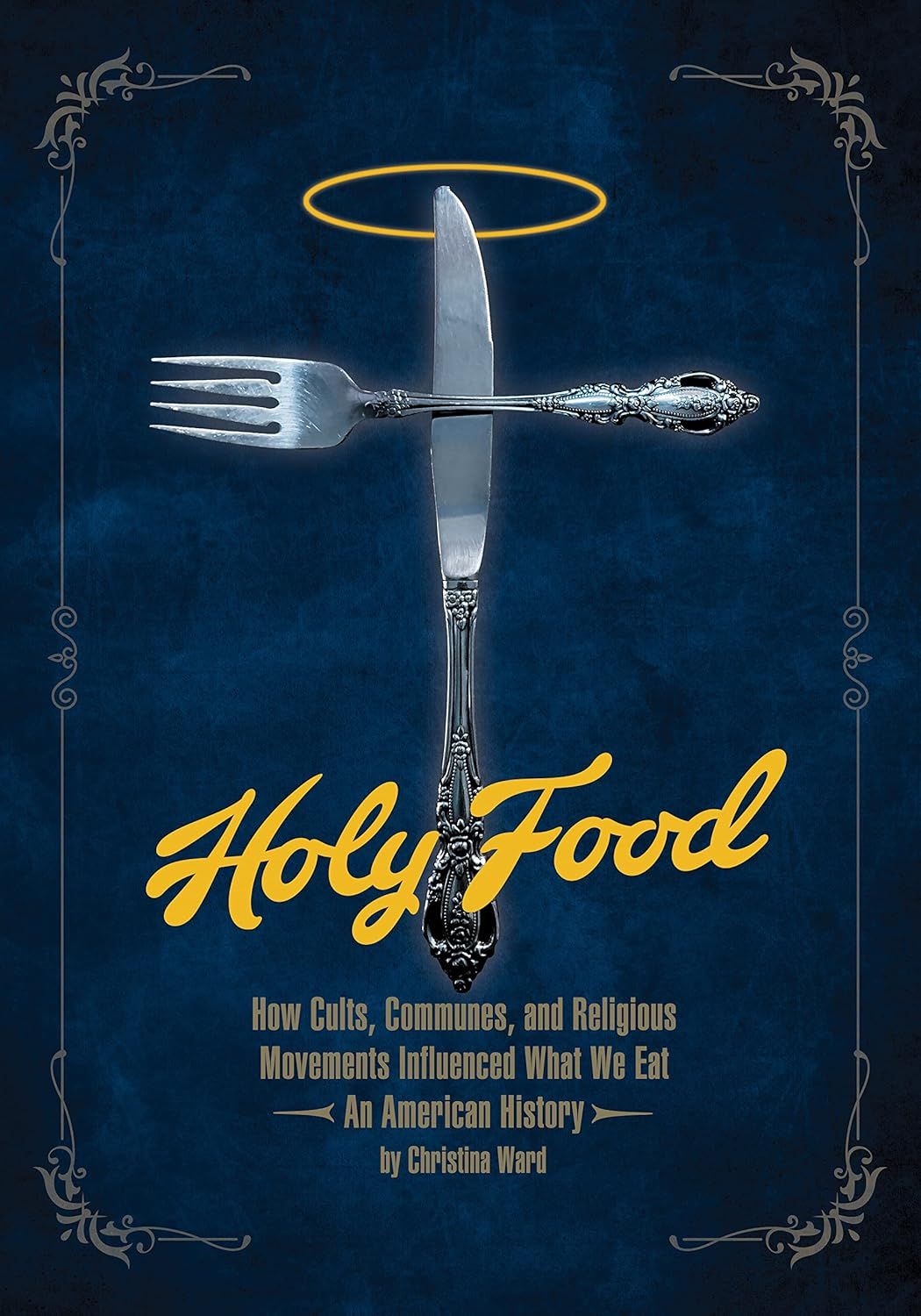

Holy Food: How Cults, Communes, and Religious Movements Influenced What We Eat by Christine Ward
So much of the connection between human beings happens over a good meal. Christine Ward writes about how religious movements have impacted food traditions and what society eats as a whole. Pythagoras told his followers not to eat beans, while Kosher and Halal food rules dictate that shrimp are off-limits. Throughout history, food culture has evolved, and Holy Food looks at the impact of the Great Awakenings on what and how people eat. The book also features dozens of recipes from different religious communities.
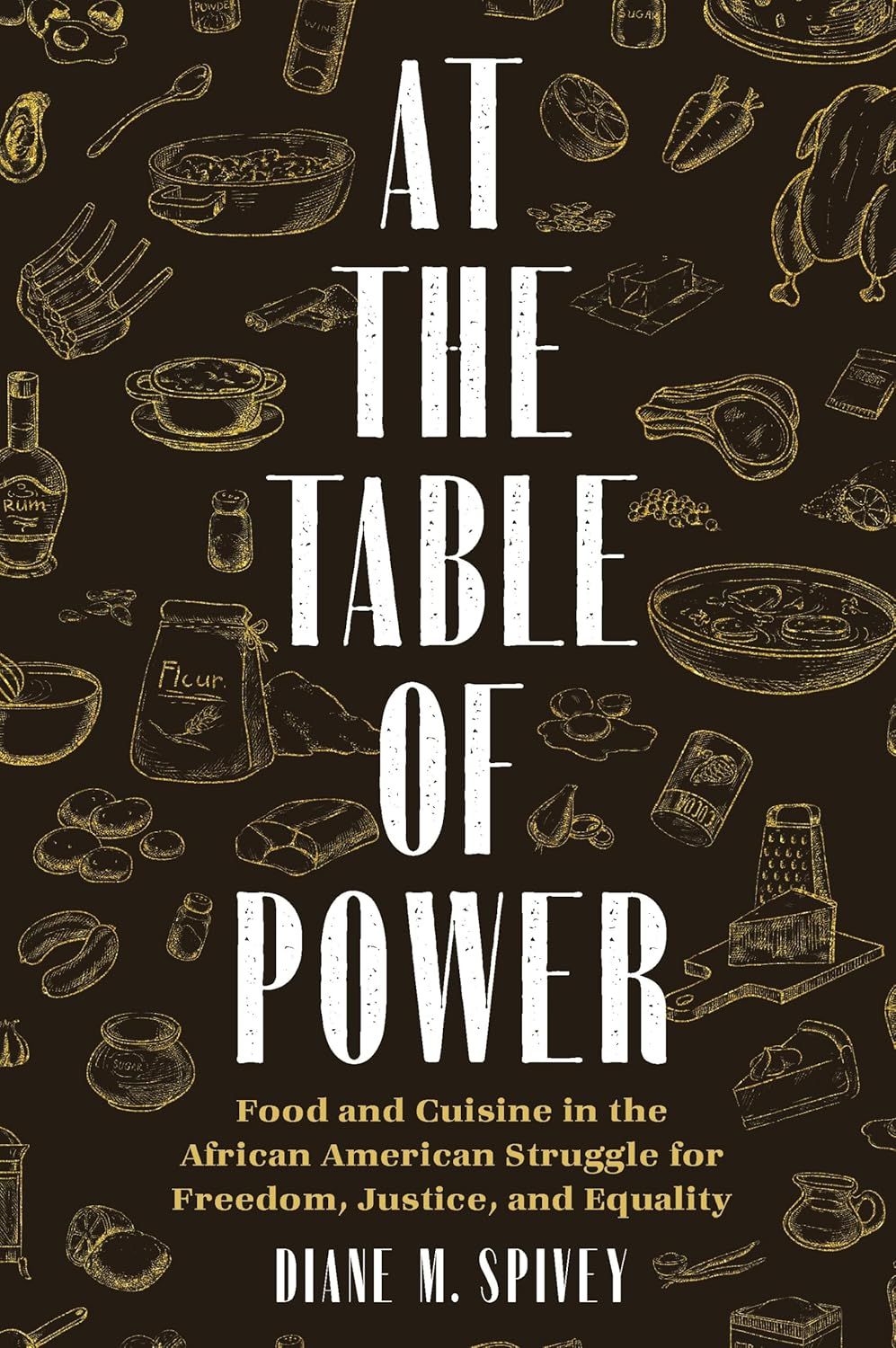

At the Table of Power: Food and Cuisine in the African American Struggle for Freedom, Justice, and Equality by Diane M. Spivey
Culinary historian Diane M. Spivey writes about how Black cooks created the cornerstone of American cuisine as we know it today. Enslaved African people brought their cooking traditions to the U.S., using local ingredients to recreate the dishes from their homelands. Black cooks have historically been left unacknowledged for their careful cultivation of African American cuisine. Spivey shines a light on the cultures and traditions that Black cooks have preserved throughout the centuries. There are recipes and discussions of how certain staples of cuisine came to be, so readers can recreate many of the dishes Spivey discusses in the text.
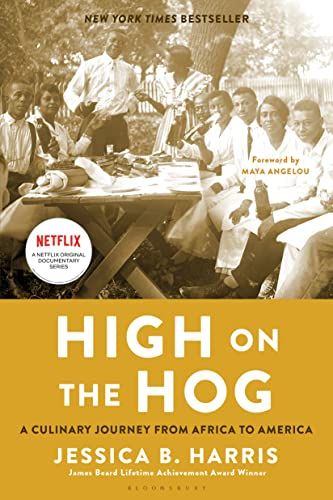

High on the Hog: A Culinary Journey from Africa to America by Jessica B. Harris
The second season of Netflix’s High on the Hog has just been released. Based on Jessica B. Harris’ book of the same name, the docuseries chronicles how enslaved Africans brought their culinary traditions to America. In her book, Harris describes how African cooks created one of the primary foundations for American cuisine as we know it today. She follows African American foodways, describing the growth of Black Southern cooking and how those food traditions traveled across the country during the great migration. High on the Hog is a must-read book (and now a must-watch docuseries) for any food lover.
You can find me over on my substack Winchester Ave, over on Instagram @kdwinchester, on TikTok @kendrawinchester, or on my podcast Read Appalachia. As always, feel free to drop me a line at kendra.d.winchester@gmail.com. For even MORE bookish content, you can find my articles over on Book Riot.
Happy reading, Friends!

